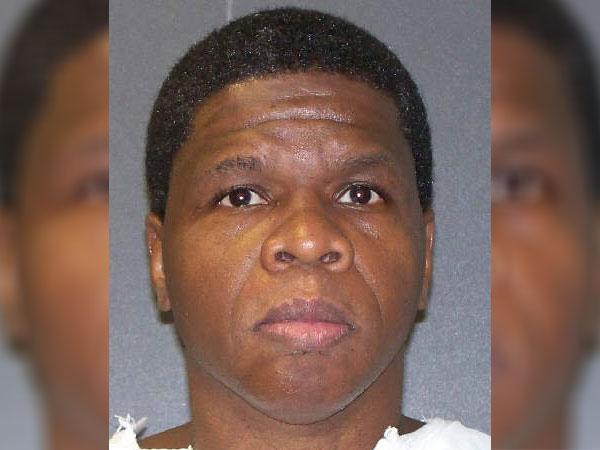Supreme Court slams Texas man's 'racially tainted' death sentence, calls it 'indefensible'
The jury's decision hinged on expert witness testimony that claimed that black people were statistically more prone to violent criminal behaviour

The US Supreme Court is likely to decide in favour of Duane Buck – a Texas man sentenced to death in 1997 after a psychologist testified that the defendant was predisposed to commit murder because he was black.
Buck, now 53, will present to the court that his defence team improperly submitted a report by Dr Walter Quijano that said black people were statistically more prone to violence and criminal activity.
“What occurred at the penalty phase of this trial is indefensible,” Justice Samuel Alito said.
In order to deal the death sentence, the jury had to unanimously agree that Buck presented a future danger to the public, and their decision hinged on Dr Quijano’s testimony.
“It’s like he’s basically saying because you are black you need to die,” Buck previously said to his lawyers some years after he was put on death row. “I felt that was strange because my lawyer didn’t say nothing, and nobody else, you know, the prosecutor or the judge, nobody did. It was like it was an everyday thing in the courts.”
Buck was convicted of murdering his ex-girlfriend, Debra Gardner, and Kenneth Butler on 30 July 1995, outside their Houston home. Buck also wounded his step-sister, but she survived.
Buck’s lawyers did not dispute the murder conviction before the eight Supreme Court justices on Wednesday, the second day of the new term. Instead, Buck will seek a new trial that does not rely on the defendant’s race when it comes to sentencing.
“This case … is important because it’s about use of race in the criminal justice system,” Natasha Merle, an NAACP Legal Defence & Education Fund attorney representing Buck, told the Texas Tribune prior to the hearing. “And it’s more specifically about whether the state can take a man’s life when that process has been infected with racial bias.”
Texas Solicitor General Scott Keller argued that the case should not be retried because the expert testimoney was introduced by Buck's defence attorneys – but both Justices Elena Kagan and John Roberts disagreed.
“I just don’t understand that point,” she said. “It seems wildly more prejudicial to me when the defense attorney introduces it.
“When the defendant’s own lawyer introduces this, the jury is going to say, well, it must be true.”
Attorneys said in their appeal to the Supreme Court: “Such a racially tainted death sentence calls the rule of law itself into question.”
Subsequent appeals by Buck’s attorneys were dismissed, and earlier claims did not bring up the controversial testimony by Mr Quijano. However, in 2000, Texas Attorney General John Cornyn – now a US senator – found similar testimony by the former prison psychiatrist in other death row cases to be unconstitutional.
If successful, the Supreme Court could order lower courts to call for a new sentencing hearing for Buck. If the court sides with Texas, the appeals process for Buck will have all but ended and he would likely receive a new execution date some 20 years after his conviction.
Bookmark popover
Removed from bookmarks